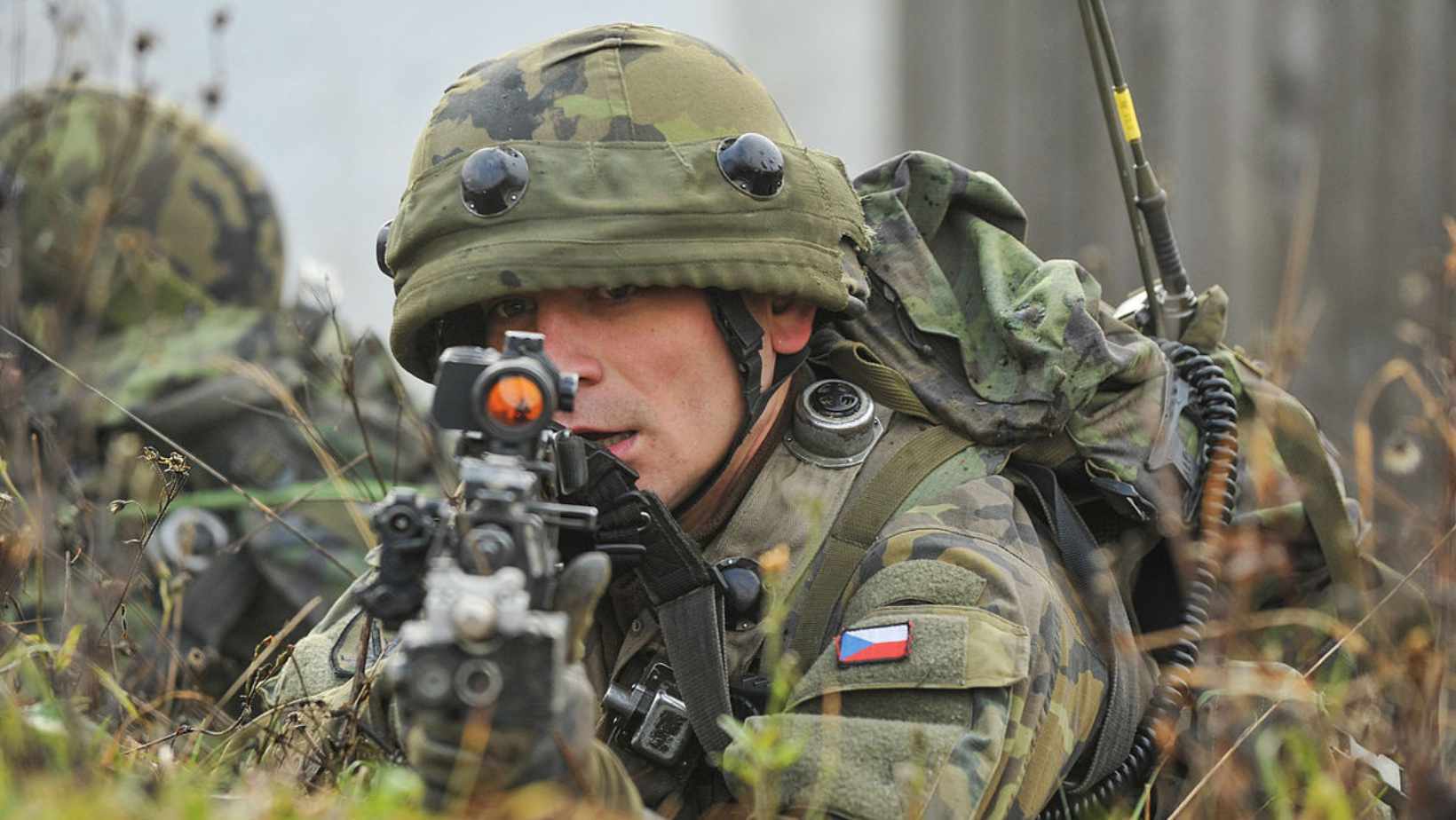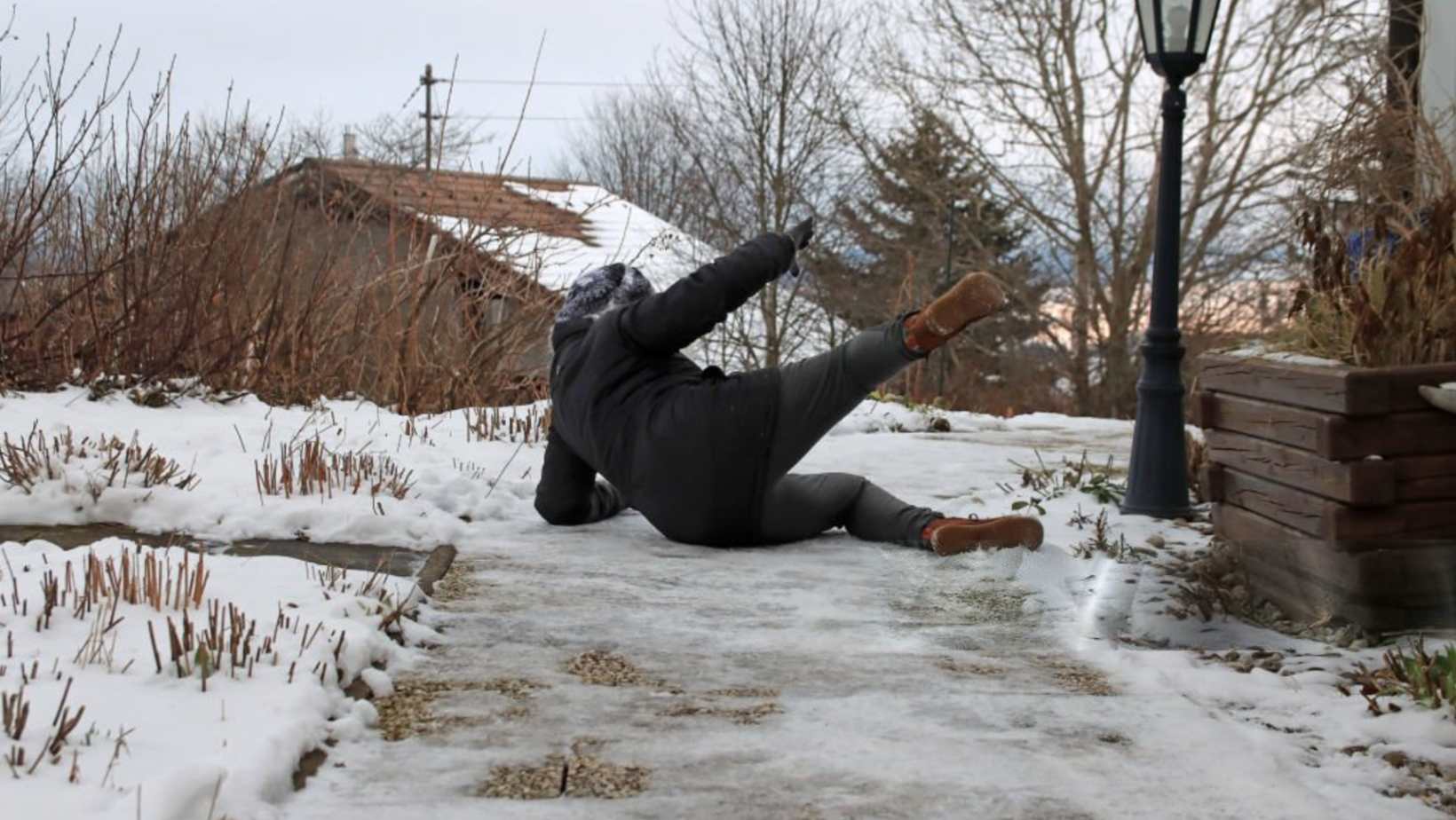Czech Army Raises Recruitment Bonus to CZK 1 Million Amid Staffing Crisis
Prague Morning

The amendment, approved by Czech President Peter Pavel, significantly increases recruitment and retention benefits for Czech soldiers in a bid to address critical army staffing shortages.
Czech President Petr Pavel has signed a key amendment aimed at strengthening the Czech Army by significantly increasing recruitment and retention benefits for professional soldiers. The move, backed by the government, seeks to address the increasingly concerning personnel shortfall in the armed forces.
Under the new legislation, the recruitment allowance for new soldiers will rise sharply to a maximum of CZK 1 million, quadrupling the previous ceiling of CZK 250,000. This allowance will be paid out as a one-time bonus, but only after the completion of a three-month probationary period.
In addition to the recruitment incentive, the amendment enhances several other benefits, including the stabilization allowance, housing support, and subsidies for service abroad. The Czech defense ministry estimates that the additional measures will cost the state budget CZK 375 million annually.
Defense Minister Jana Černochová and Chief of the General Staff Karel Řehka have consistently raised concerns over the army’s personnel shortage. Řehka has stressed that to meet strategic defense goals, the military needs a net annual increase of 1,200 soldiers.
Just 27,826 professional soldiers and 4,266 reservists were reportedly on the military’s books at the beginning of last year, according to the Czech defense ministry. However, Řehka noted that only around 24,000 soldiers are actively serving.
Czech news outlet Echo24 reported on the military’s long-term ambition to grow its forces to 30,000 professional troops and 10,000 reservists by 2030.
Moreover, new NATO alliance requirements suggest that Czechia may need up to 37,500 soldiers to meet collective defence objectives.
The bill also updates the eligibility criteria for enlistment, reaffirming that recruits must have a clean criminal record. It reintroduces the principle of recognizing expunged convictions for most crimes, though individuals convicted of particularly serious offenses or those stripped of military rank remain barred from service.
Lastly, the amendment includes a new provision requiring soldiers to inform their superiors of travel to non-EU and non-NATO countries — designed to help prevent security risks.
Despite attempts to incentivize its citizens and boost military numbers, a survey published last month revealed that only a small fraction would volunteer to join the military if Czechia or a NATO ally were attacked.
The poll, conducted last month by the Median agency for Czech Radio, found just 6 percent said they would definitely sign up to defend the country from attack, while 14 percent said they would consider it.
-
NEWSLETTER
Subscribe for our daily news










